Glimpse behind the facade
In “Es klopft” (2007), an unknown woman at Basel station knocks on the window of a train on which ENT specialist Manuel Ritter is returning to Zurich after a conference. Ritter has no idea what the woman wants. However, the same woman appears in his practice days later and manages to get him to father her child. The unbelievable situations that arise from this curious encounter not only develop into an exciting whodunnit, but also give the reader an evocative glimpse behind the facade of a well-to-do middle class family on the so-called Gold Coast overlooking Lake Zurich.
Suffering and discrimination
“Gleis 4” (2013) begins with geriatric nurse Isabelle accidentally witnessing the sudden death of an unknown passer-by at Oerlikon station. Featuring a thrilling crime narrative that extends all the way to Canada, the book addresses the scandal of “contract children” who were used as cheap labour on farms and in homes in Switzerland from the 1850s to the second half of the 20th century, as well as the problem of discrimination against people of Afro-European background.
A homage to writing
Last but not least, “Das Päckchen” (2017) begins with a peculiar call inside a phone box at Berne station. The interlocutors talk about a mysterious medieval manuscript. Their conversation meanders somewhat into the area of mountaineering, but then returns to the Middle Ages. In a world of monastic friars, scribes, copyists, itinerant scholars, and nuns, a tender love story is played out – one of the loveliest that Hohler has ever written. Hohler’s message? That books are a unique and indispensable part of our cultural heritage. That the diverse, inexhaustible range of literature in all its creative, inventive forms will always win out over films, computer games and other media. With his varied body of work, Franz Hohler, one of Switzerland’s most brilliant, popular writers, has epitomised this basic truth all his life.
Charles Linsmayer is a literary scholar and journalist in Zurich.
Bibliography: Franz Hohler; “Die Bahnhofsromane”, btb-Taschenbuch, ISBN 978-2-442-77299-5, Frankfurt 2022
The story about the medieval manuscript is about respecting that particular age in history. It’s a leitmotif to which
I always return. Many things that happen nowadays are linked to earlier events that none of us have experienced. For example, Kim Jong-un fired a rocket over Japan on the same date on which Japan invaded Korea in 1910. My book settles a very old score. We are probably all a little too ensconced in our neatly arranged, computerised, train-schedule lives.
Franz Hohler
talking about “Das Päckchen” in 2017
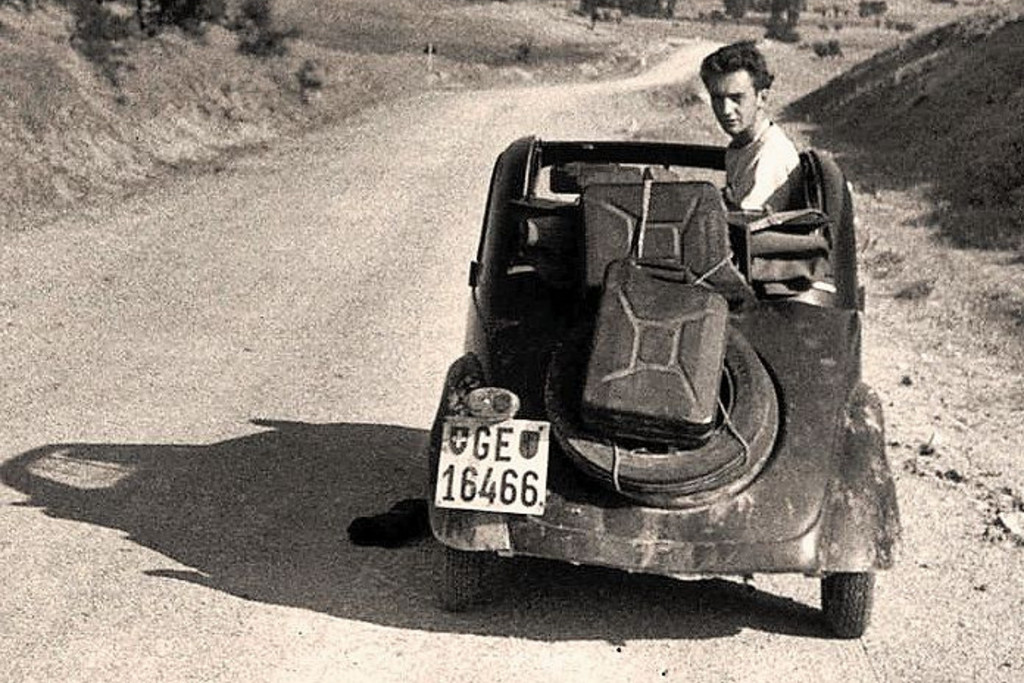
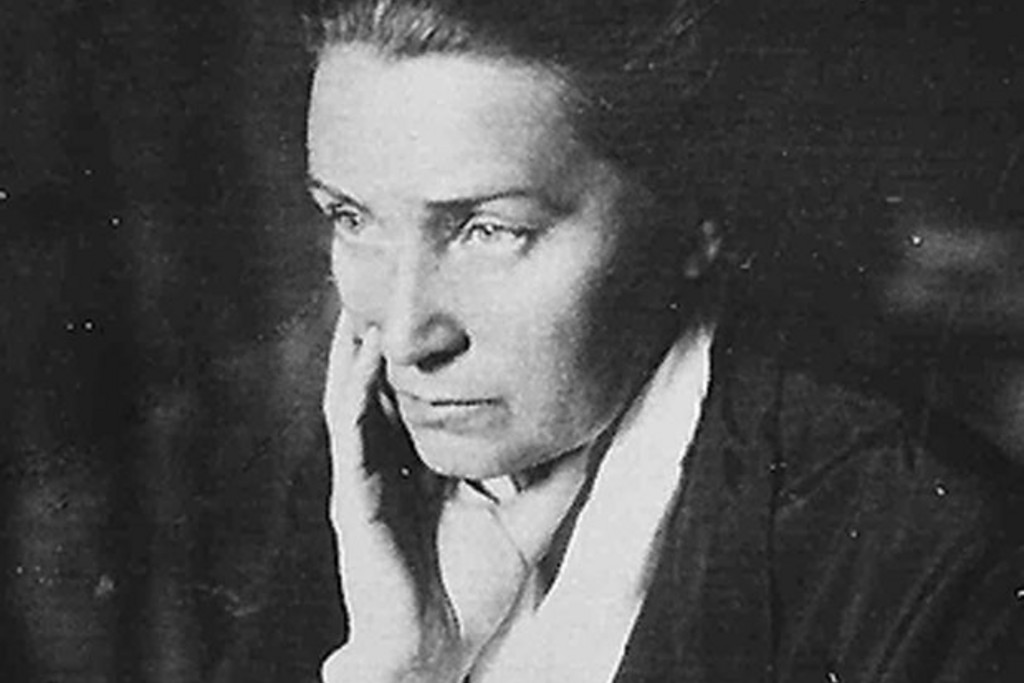


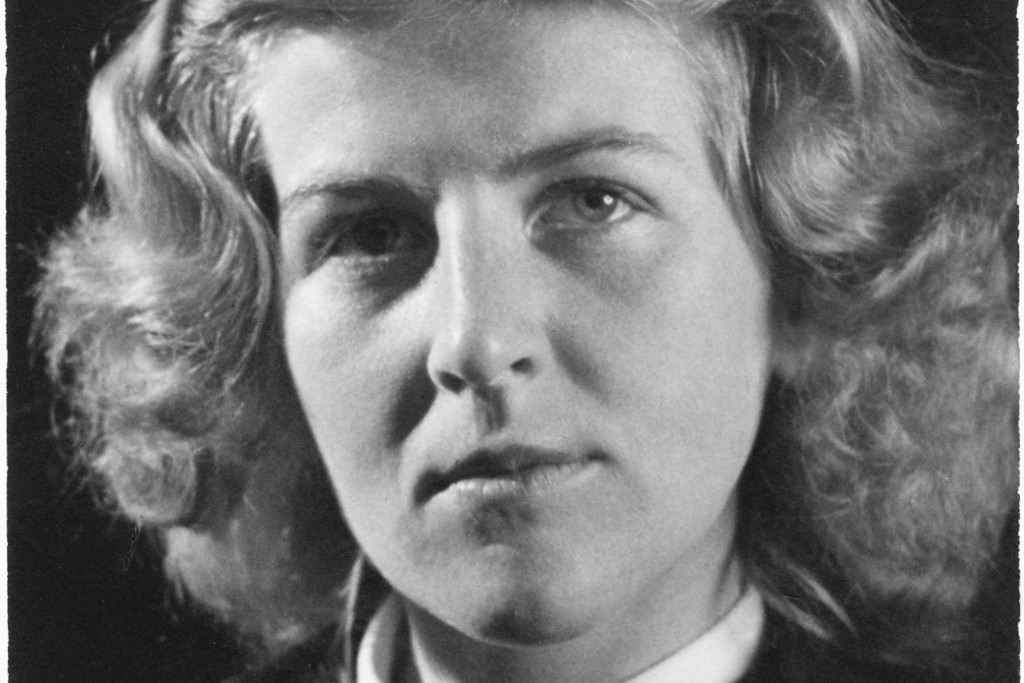
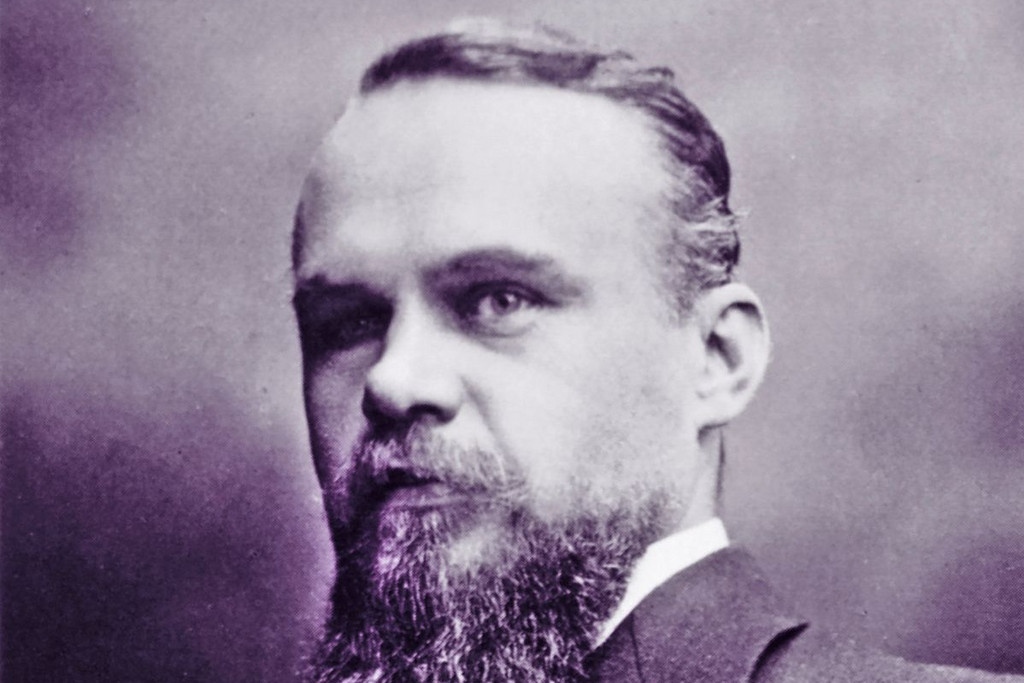
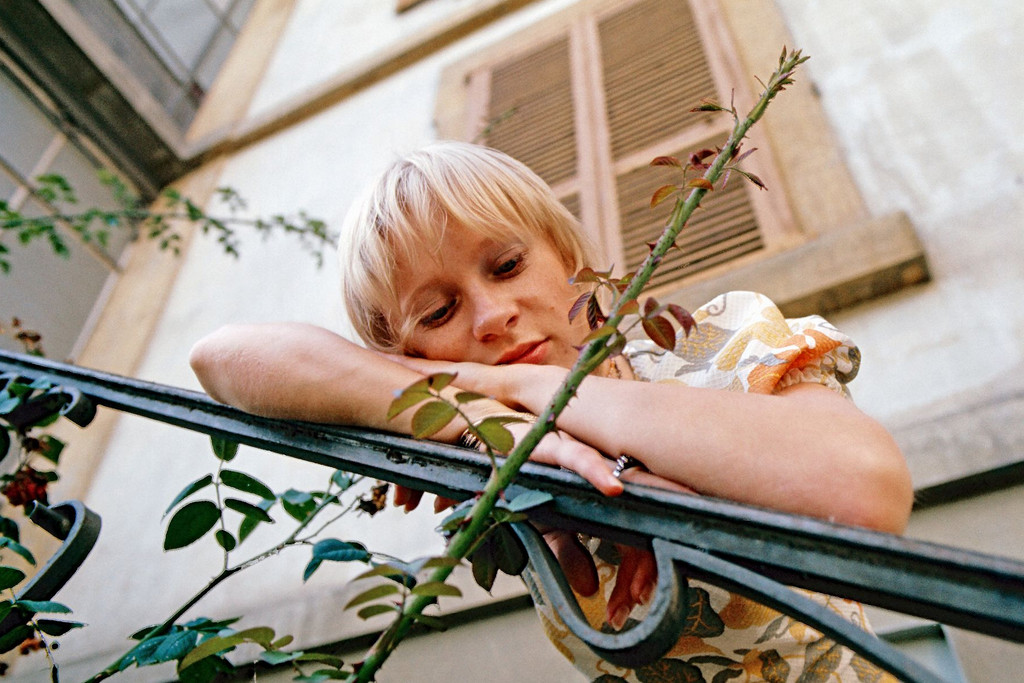
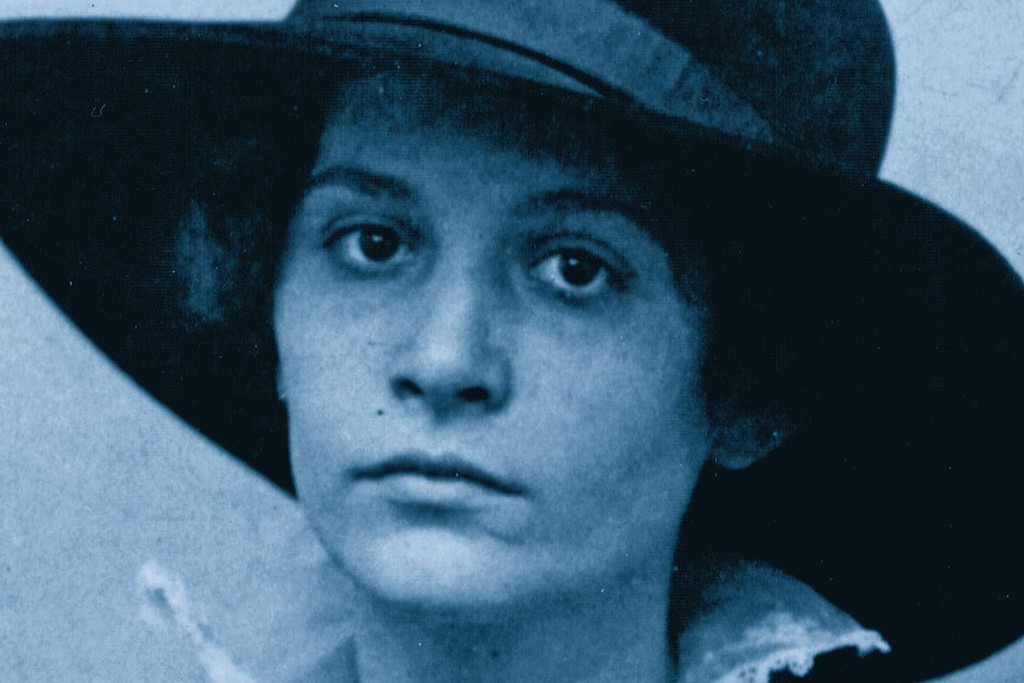



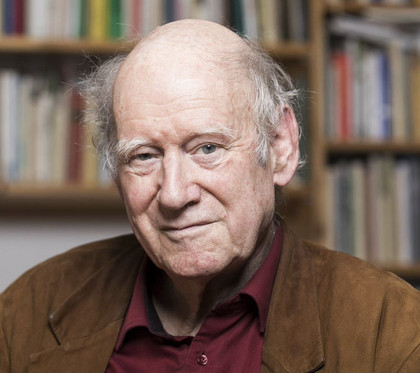
Comments